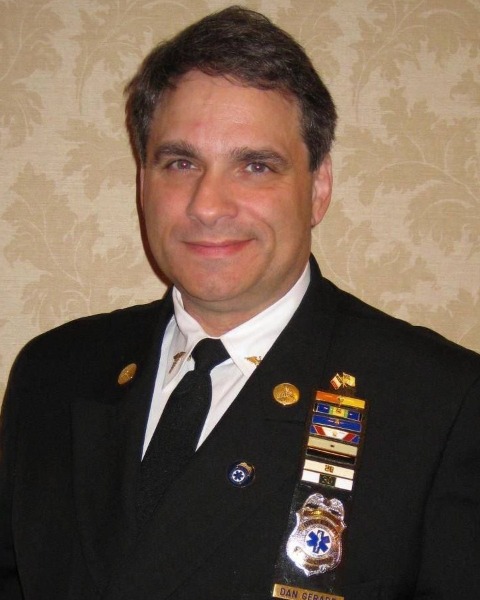Main Conference
Community Paramedicine
Developing a Mobile Crisis Response Team
Thursday, September 21, 2023
8:00 AM - 9:00 AM CT
Location: 273
CE: 1

Daniel R. Gerard, Sr., MS, RN, NRP (he/him/his)
EMS Coordinator
Alameda Fire Department
San Francisco, California
Speaker(s)
Disclosure(s):
Daniel R. Gerard, MS, RN, NRP, Sr.: No financial relationships to disclose
Mobile crisis response. The need for mobile crisis response teams across the United States has escalated beyond what we have the capability to manage. The footprint of EMS has expanded exponentially in recent years. Community paramedic programs have gained traction, and crisis mental health response has come to many EMS organizations. The pandemic placed the frailties of EMS on full display and hastened the looming mental health problems society faces.
Have you been tasked with developing a mobile crisis team to respond to mental and behavioral health emergencies? Are you concerned about what the needs and expectations are? Who are the players, who will contribute to the service, and where do you start? Here is a basic guide, learn about the very real challenges and the complex definition of success for your program.
Have you been tasked with developing a mobile crisis team to respond to mental and behavioral health emergencies? Are you concerned about what the needs and expectations are? Who are the players, who will contribute to the service, and where do you start? Here is a basic guide, learn about the very real challenges and the complex definition of success for your program.
Learning Objectives:
- At the end of the presentation, the participant will be able to describe the importance of the SAMSHA co-responder model (Police, EMS, LCSW) for crisis response is.
- At the end of the presentation, the participant will be able to identify the components of a crisis system of care.
- At the end of the presentation, the participant will be able to describe the potential areas for pitfalls and failure of their mobile crisis team.
